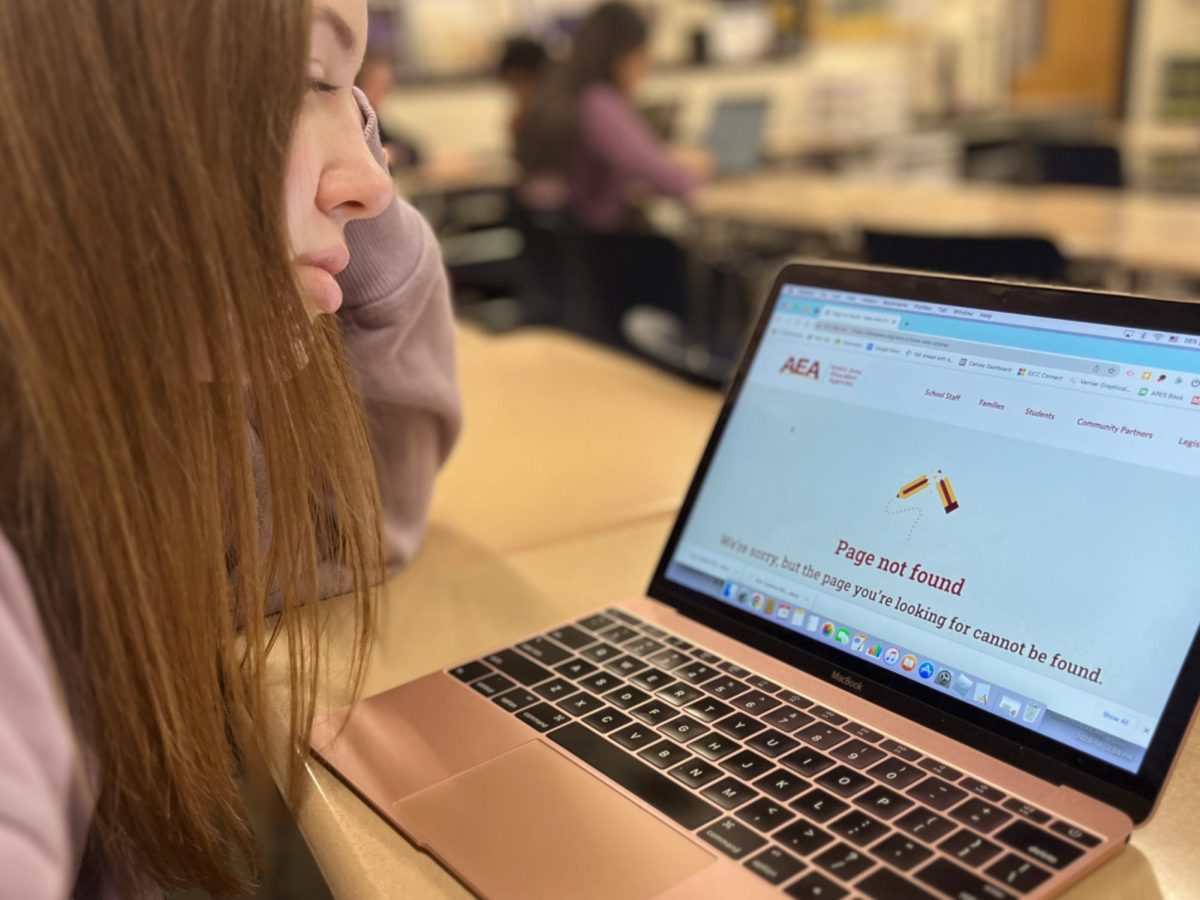Learning how to conduct proper research is a crucial life skill. It is important to find accurate information that is also current and relevant. Young students first beginning to learn the research process all have the same lesson drilled into their minds: don’t use websites such as Wikipedia as a reference. Although Wikipedia contains information on a plethora of topics, the validity of the information is often questioned as anyone has access to update or change the information on the articles. However, there may be reason to believe that Wikipedia is more accurate and influential than commonly believed. A recent study has found that many phrases found in Wikipedia articles on hot scientific fields are actually making their way into published papers.
Wikipedia was originally created in 2001 by internet entrepreneur Jimmy Wales and philosopher Lawrence Sanger to replace the website Nupedia, a failed first attempt at creating a free online encyclopedia. Wales and Sanger wanted Nupedia to feature well written and accurate articles. The problem was that the peer review process was too time-consuming. In Nupedia’s first six months, only two articles were published. To speed up the process, Sanger and Wales created Wikipedia, a site where anyone could contribute to creating articles without having to go through the long editorial process. Wikipedia went live on Jan. 15, 2001, and became a global hit. At the end of its first year, Wikipedia contained over 20,000 articles written in 18 languages. Its popularity has continued to today.
The fact that anyone has access to contribute to articles is what many professors and educators fear. When it comes to the scientific field, however, that fear might actually be misplaced. A 2005 nature study showed that when it came to articles on science, the Wikipedia articles were not any less consistent than Encyclopedia Britannica. In fact, many researchers and academics are using the site. Doug Hanley, a macroeconomist at the University of Pittsburgh, stated, “Academics use Wikipedia all the time because [they’re] human. It’s something everyone is doing.”
“Everyone” may even include many scientists and researchers. Hanley, along with his colleague Neil Thompson, decided to test the theory that phrases from Wikipedia articles actually make their way into academic papers. Hanley and Thompson had already found that there was a clear connection between the language of Wikipedia articles and those of cited research literature. The next step was to determine that Wikipedia itself was the source of that language. To do this, the two researchers created new Wikipedia articles from scratch. Hanley and Thompson, along with graduates in chemistry and econometrics, the two most budding scientific fields, wrote 43 chemistry articles and 45 econometric articles. Half of the articles from each field were published and the other half were used as control. After three months of the articles making their way through the internet, the researchers tracked the next six months of published scientific papers to compare the language of the papers to the articles. It turned out that the Wikipedia articles influenced about 1 in every 300 words in the newly published scientific papers. “I think about this as a first step,” Hanley says. “It’s showing that Wikipedia is not just a passive resource, it also has an effect on the frontiers of knowledge.”
It’s important to realize that Wikipedia has much of a greater impact than we realize. As Thompson puts it, “This is a big resource for science and I think [people] need to recognize that.” It is important to realize when researching that using Wikipedia as a reference is acceptable. After all, many academics trust Wikipedia enough to publish information found on the site.









